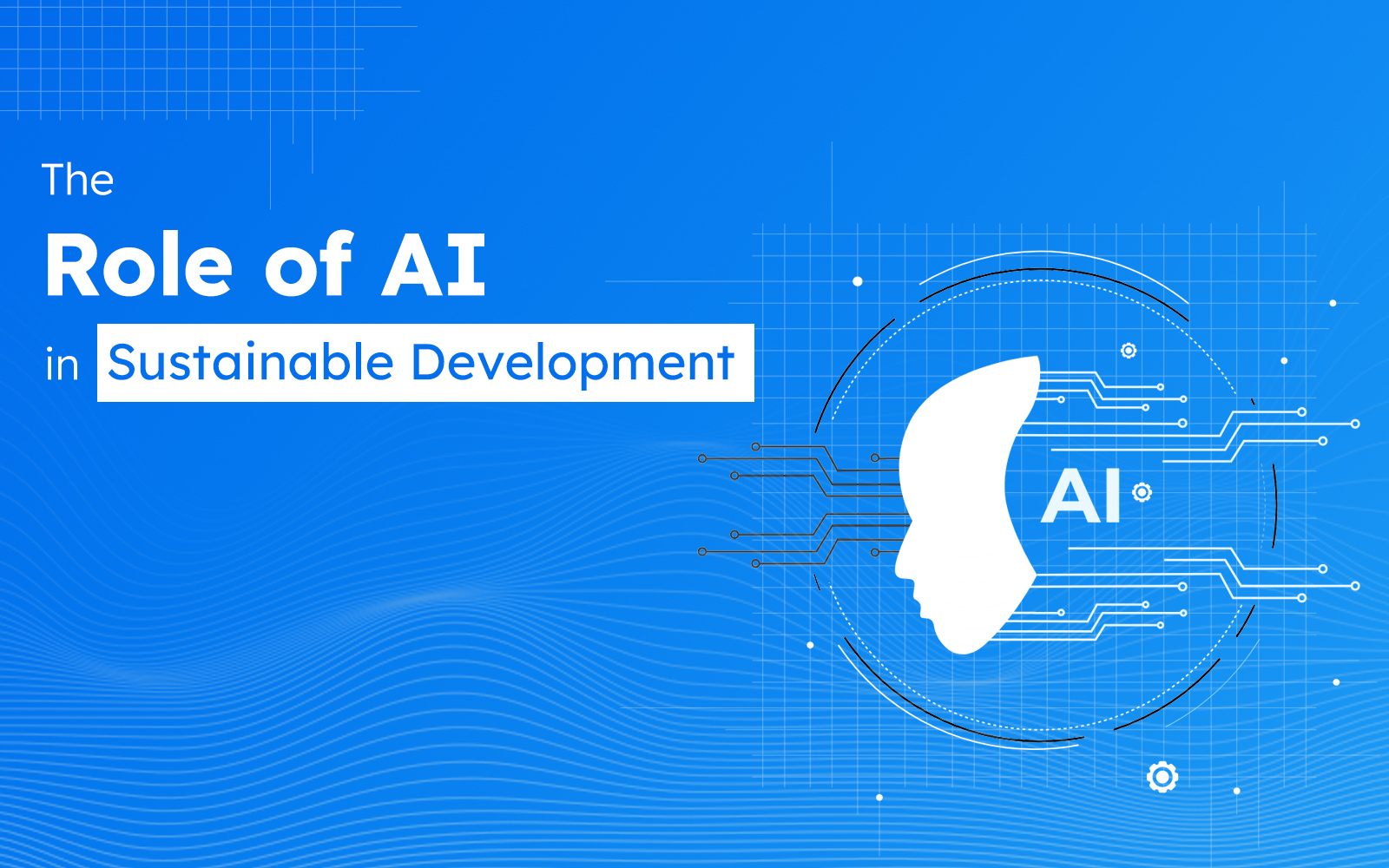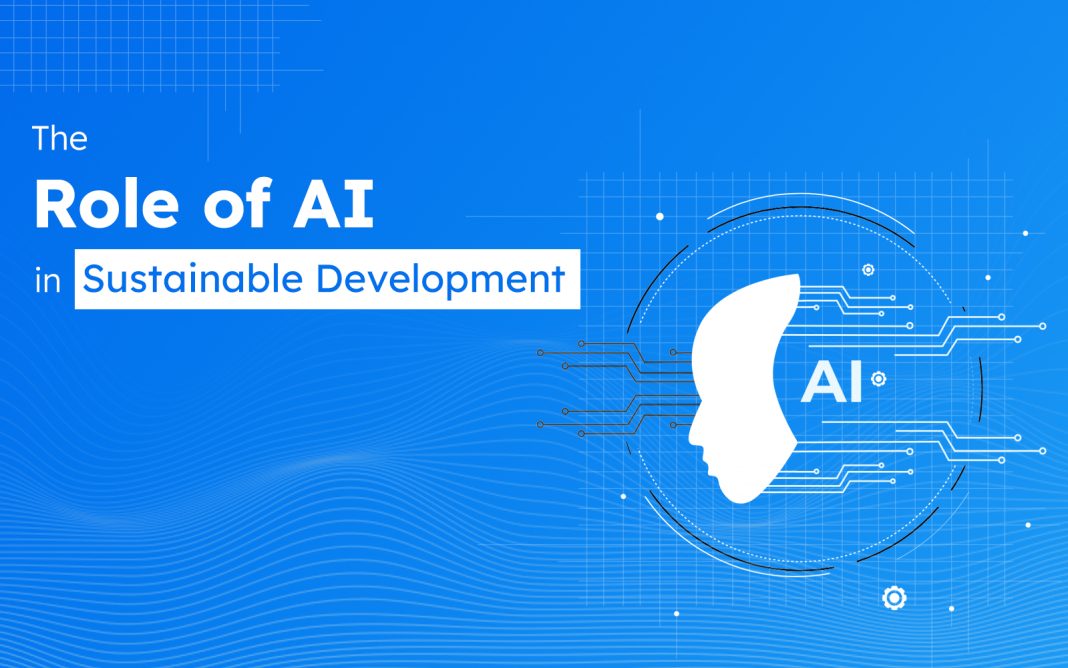 The Threat of Chinese Espionage in AI Development
The Threat of Chinese Espionage in AI Development
Leopold Aschenbrenner, a researcher who was fired by OpenAI, has issued a warning about the potential threat of Chinese espionage in the field of artificial general intelligence (AGI). Aschenbrenner predicts that human-like AGI could be achieved by 2027 and believes that the Chinese Communist Party (CCP) will make extraordinary efforts to compete in this area. He argues that without stringent security measures, the CCP will exfiltrate key AGI breakthroughs in the next few years. Aschenbrenner emphasizes that the preservation of the free world against authoritarian states is at stake.
Protecting Algorithmic Secrets
Aschenbrenner advocates for robust security measures to protect AI model weights and algorithmic secrets. He believes that China’s ability to stay competitive in the AGI race hinges on its ability to steal algorithmic secrets. Aschenbrenner highlights the dire shortcomings in algorithmic secrets security, stating that it is currently inadequate. If algorithmic secrets are not adequately protected, China could gain an advantage in the AGI race.
Automating AI Research and Superintelligence
Aschenbrenner suggests that AGI could give rise to superintelligence in just over half a decade by automating AI research itself. This concept raises concerns about the potential implications and risks associated with superintelligent AI. While some experts find Aschenbrenner’s ideas extraordinary and thought-provoking, others disagree and argue that many elements of his predictions are wrong.
The Need for AI Regulation
Aschenbrenner’s warnings come at a time when lawmakers around the world are grappling with the regulation of AI. The European Parliament has adopted the Artificial Intelligence Act, which imposes far-reaching regulations on AI. In the United States, the ENFORCE Act has been introduced in Congress to allow export controls on AI technologies. Lawmakers are concerned about the potential national security risks associated with AI, especially in relation to the Chinese Communist Party.
Controversial Departure from OpenAI
Aschenbrenner’s controversial departure from OpenAI has added to the attention his warnings have received. He was terminated from OpenAI, along with another employee, for allegedly leaking information. However, Aschenbrenner claims that the leak was of a timeline to AGI in a security document that he shared with external researchers for feedback. He believes that his termination was a result of the concerns he raised about Chinese intellectual property theft. Aschenbrenner alleges that he was reprimanded by OpenAI’s human resources department for mentioning the CCP threat in a security memo.
The Importance of Prioritizing Safety in AGI Development
The departure of Ilya Sutskever and Jan Leike, co-leaders of the Superalignment team at OpenAI, highlights the need to prioritize safety in AGI development. They expressed concerns about the lack of safety culture and processes at OpenAI and emphasized the urgency of preparing for the implications of AGI. Aschenbrenner dedicated his “Situational Awareness” series to Sutskever, emphasizing the importance of taking the risks of AGI seriously.
In conclusion, Aschenbrenner’s warnings about Chinese espionage in AI development and the potential risks associated with AGI highlight the need for robust security measures and regulation in the field. The concerns raised by Aschenbrenner, as well as other experts and lawmakers, underscore the importance of prioritizing safety and addressing potential national security threats in AGI research and development.


